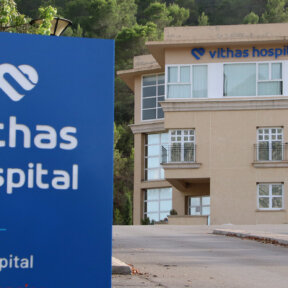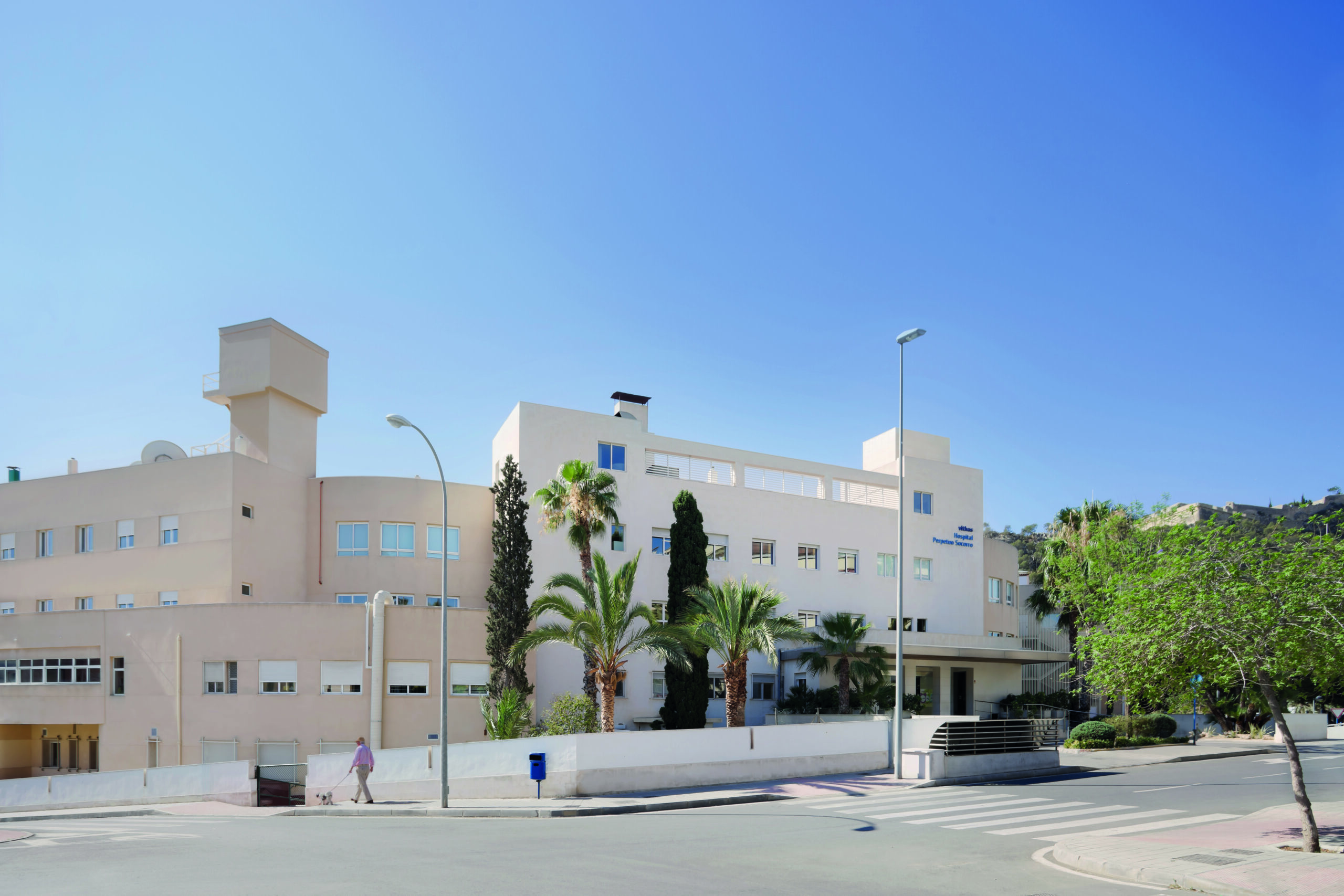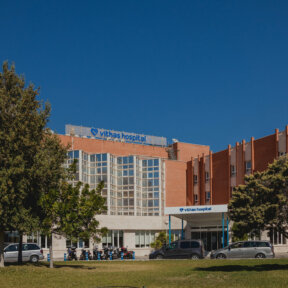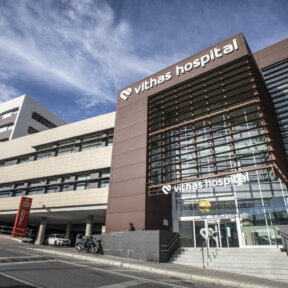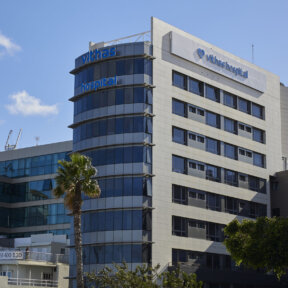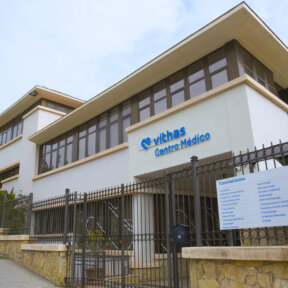What is urology?
Urology is the medical-surgical speciality concerned with the prevention, diagnosis and treatment of morphological diseases of the kidney, urinary tract and retro-peritoneum affecting both sexes, as well as diseases of the male genital tract, regardless of age.
It includes the kidney and its adjacent structures, the urinary tract and the male genital tract, and treats dysfunctions of the following organs and structures.
- Bladder
- Kidney
- Adrenal gland
- Prostate
- Penis
- Scrotum
- Testicle
- Epididymis
- Ureter
- Ejaculatory duct
- Urethra
Which patients is the urology clinic for?
The Urology Clinic is aimed at both men and women with urinary tract conditions. The most prevalent conditions include urinary infections, renal colic, urinary lithiasis, urinary incontinence and pelvic floor and sexual dysfunction disorders.
The time and age of diagnosis has an influence on its prognosis and characteristics. A few minutes with your urologist can catch prostate cancer early.
Vithas’ Urology Practice has a special focus on prostate conditions and cancer. From the age of 50, all men should go to their urologist for a prostate exam. When there is a family history (parent and/or sibling) of prostate cancer, screening should begin earlier, at age 45. It is advisable to get screened annually.
When should I see a urologist?
You should see your urologist if you have:
- Trouble urinating.
- Frequent urge to pass urine, especially at night.
- Weak or interrupted urine stream.
- Pain or burning when urinating.
- Blood in urine or semen.
- Painful ejaculation.
- Annoying pains in the back, hips or pelvis.
What are the main urological diseases and conditions?
- Urinary tract infections.
- Urinary incontinence.
- Urinary lithiasis.
- Pyelonephritis.
- Balanitis.
- Haematuria.
- Benign prostatic hyperplasia.
- Prostatitis.
- Urethritis.
- Haematuria.
- Peyronie’s disease.
- Sexually transmitted diseases.
- Urological cancer such as prostate cancer, penile cancer, testicular cancer, urethra cancer, bladder cancer, etc.
- Ejaculation disorders.
- Erectile dysfunction or impotence.
Main diagnostic resources and technology
- Rapid determination of prostate-specific antigen with its fractions (total PSA-free PSA quotient)
- Urine analysis
- Kidney ultrasound
- Bladder and prostate ultrasound
- Prostate biopsy
- Fusion prostate biopsy
- Digital rectal examination (DRE)
- Da Vinci robotic surgical system in urology: The introduction of robotic-assisted surgery in urology has achieved unprecedented results. The da Vinci robotic surgical system is the most powerful tool for laparoscopic surgery and the best alternative for prostate cancer.
Main treatments
- Endoscopic and laparoscopic urological surgery. Minimally invasive surgical procedure for bladder tumours, prostate disorders, urethral stones and obstructions.
- Endoscopic lithotripsy.
- Vasectomy.
- GreenLight laser prosthetic surgery.
- Radical prostatectomy: surgery to cure prostate cancer when it is confined to the prostate. It is considered the treatment of choice or gold standard in bladder cancer. It is a complex surgery and requires a high level of technical precision.
- Laparoscopic or robotic-assisted radical cystectomy: Surgical technique indicated for treating infiltrating bladder cancer and superficial bladder tumours with poor response to conservative treatment.
Areas of specialisation
- Child urology: Failures in testicular descent or vesicourethral reflux are corrected. Any of these and many other related conditions will be given appropriate treatment.
- Female urology: Urinary incontinence, urinary infections, stones, tumours, etc. are addressed from all surgical and medical points of view.
- Geriatric urology: Geriatric urology is the medical subspeciality dedicated to studying reproductive system diseases in the elderly.
- Andrology: Andrology is a subspeciality of urology concerned with studying, researching and examining any aspect related to male sexual function and reproduction.
- Urolithiasis: Lithiasis urology deals with studying, diagnosing and treating diseases that manifest themselves with the formation of urinary stones (concretions or stones).
- Urologic oncology: Urologic oncology is a medical speciality that deals with benign and malignant tumours, particularly malignant tumours (cancer) in the male and female reproductive systems.
- Endourology: Endourology is a set of therapeutic or diagnostic, endoscopic and percutaneous manoeuvres performed on the urinary tract. It is a minimally invasive technique.
Special services
Robotic-assisted surgery in the treatment of prostate cancer offers all the advantages of minimally invasive surgery, adding important benefits for the patient, keys to a better result.
Robotic-assisted surgery using the da Vinci Xi robotic system currently represents the most advanced surgical treatment for prostate cancer. This type of minimally invasive procedure is performed using a sophisticated robotic system controlled by the surgeon.
The specialist operates by manipulating controls from a console a few metres away from the patient. The system replicates the surgeon’s hand movements and executes them using delicate and precise surgical instruments.
Why come to our clinic?
Our expertise combined with the most advanced technology mean you are putting yourself in the best hands.
FAQs
At what age should I get my first urology exam?
The recommended age for starting preventive screenings is 40 years, and from the age of 50 you should get a urology exam annually. Prostate cancer is the most frequent type of cancer in men and the second leading cause of cancer deaths after lung cancer, so preventing it through periodic screening is essential to detect it early.
Do urologists treat impotence?
Yes. Urologists, in the field of andrology, deal with studying, diagnosing and treating everything related to male sexual function and reproductive system.
What symptoms does prostate cancer produce?
This cancer does not cause symptoms, especially in its early stages, so an annual screening can detect 90% of prostate cancers in time.





